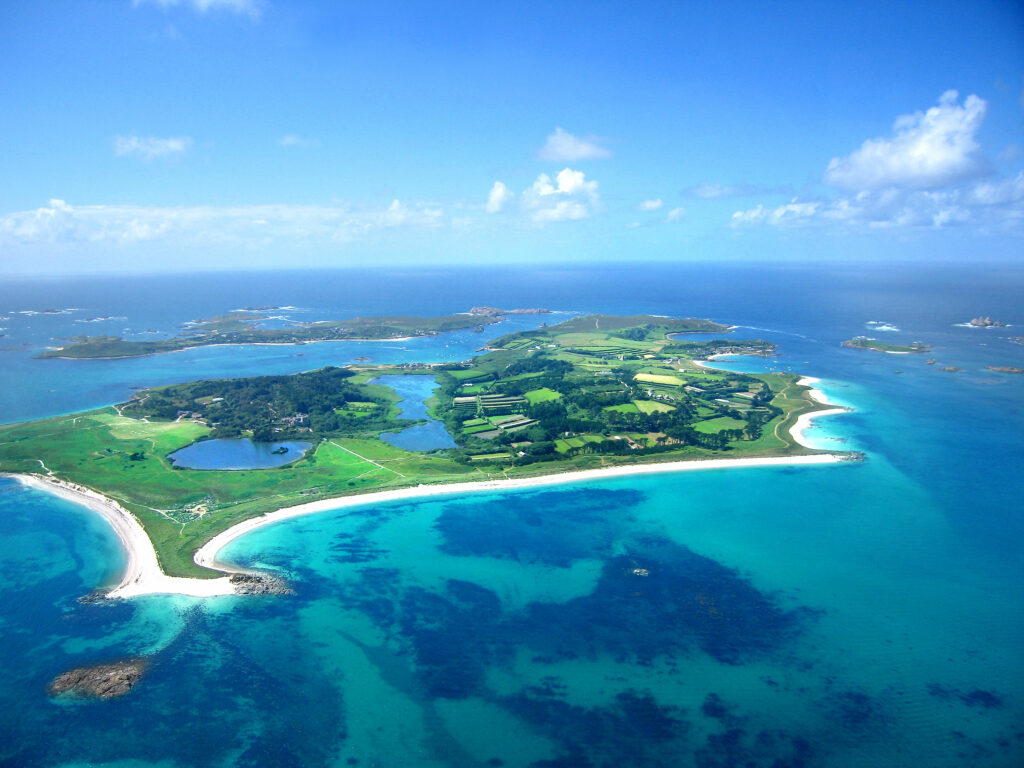Installation of smart battery systems is underway on the Isles of Scilly in the first stage of a £10.8 million project to demonstrate how solar, energy storage and other smart energy resources can transform the energy system of an island grid.
First reported by Current± in March 2017, the Smart Energy Islands (SEI) project aims to cut electricity bills for islanders by 40% by 2025. It also sets out to meet 40% of energy demand through renewables by 2025, as well as see 40% of vehicles be electric or low-carbon.
Smart systems outfit Moixa has begun to roll out 43.8kWh of battery systems in homes and at each of the non-domestic sites included in the project. These will be used to optimise around 450kW of solar generation to be installed on the roofs of more than 70 council-owned homes, a fire station and a recycling facility and desalination plant.
Subject to planning, a small ground-mount solar garden will also be built by the airport in order to double the islands’ renewable capacity.
Ten smart homes will pilot different mixes of low-carbon technologies which will also include air source heat pumps and smart water heaters.
Moixa and home energy services company PassivSystems have developed smart control systems to manage and optimise the batteries, heat pumps and water heaters for householders, using artificial intelligence to learn their patterns of consumption and maximise savings.
All the technologies included in SEI, including a pilot vehicle-to-grid system (V2G) for electric vehicles (EVs), will be integrated into an Internet of Things (IoT) platform developed by project lead, Hitachi Europe, to be launched in November.
They will then be able to be used to absorb or release power, helping to balance supply and demand.
Chris Wright, chief technology officer at Moixa, said: “The Isles of Scilly will be a global test-bed for batteries, EVs and smart heating systems, showing how they can save money for households, enable more clean renewable power, and support efficient, cost-effective energy systems. It will demonstrate the value of technologies that can benefit communities all over the world.”
The isles have no gas supply and rely heavily on imported fossil fuels and electricity via an undersea cable, which lead to high fuel costs that, combined with the large numbers of homes with inefficient heating systems, leaves over 15% of households fuel poor.
Once all the low carbon infrastructure is installed by the autumn, the Isles of Scilly Community Venture will sell power generated by the solar panels and recycle the income to reduce electricity bills for all islanders through an energy tariff to be launched this summer.
As well as funding from the project partners, the lion’s share of £8.6 million in funding comes from the European Regional Development Fund. It is hoped the pilot systems can be replicated worldwide to help communities make a rapid transition from a high-carbon to a low-carbon economy.
SEI was recently featured in the Storage and Smart Power section of PV-Tech Power volume 15. For more on the project, including input from Hitachi Europe, click here to download a digital copy.






